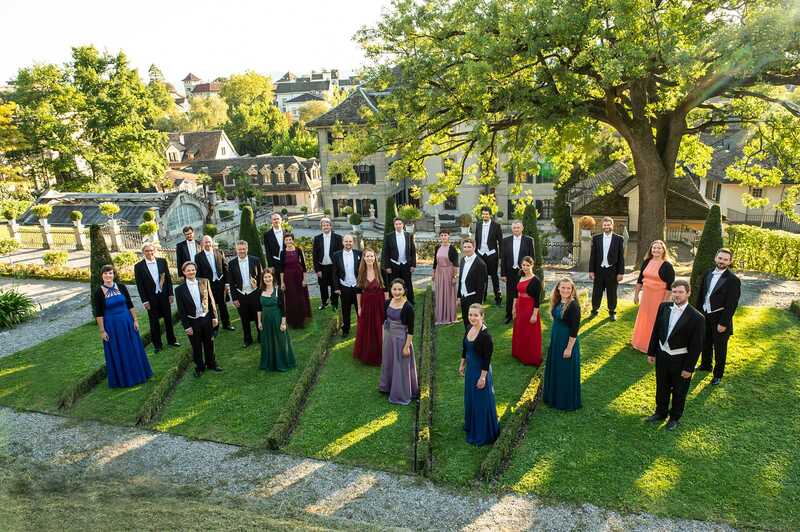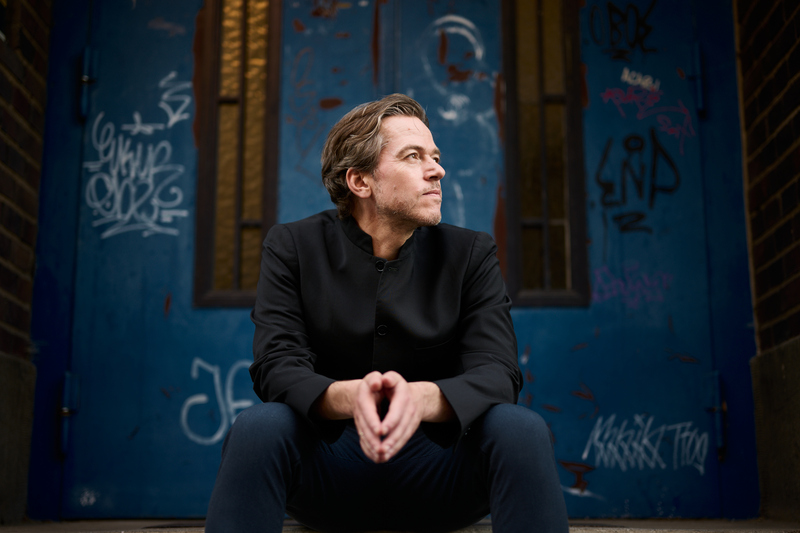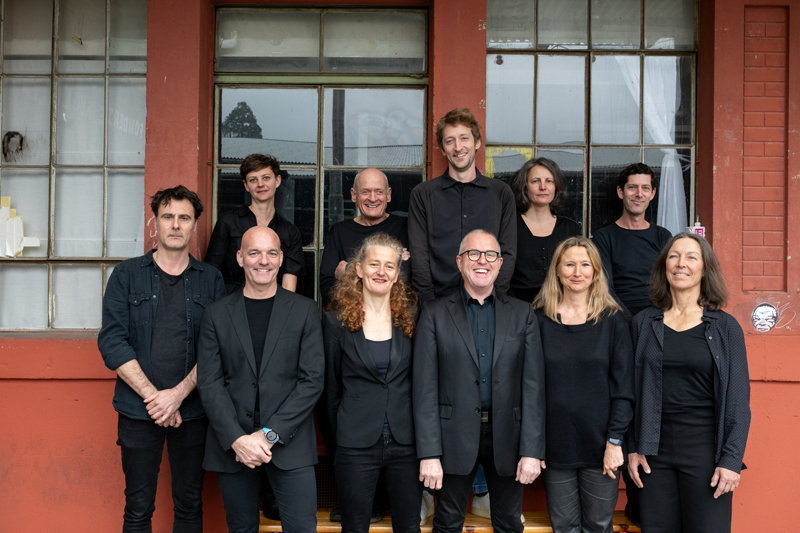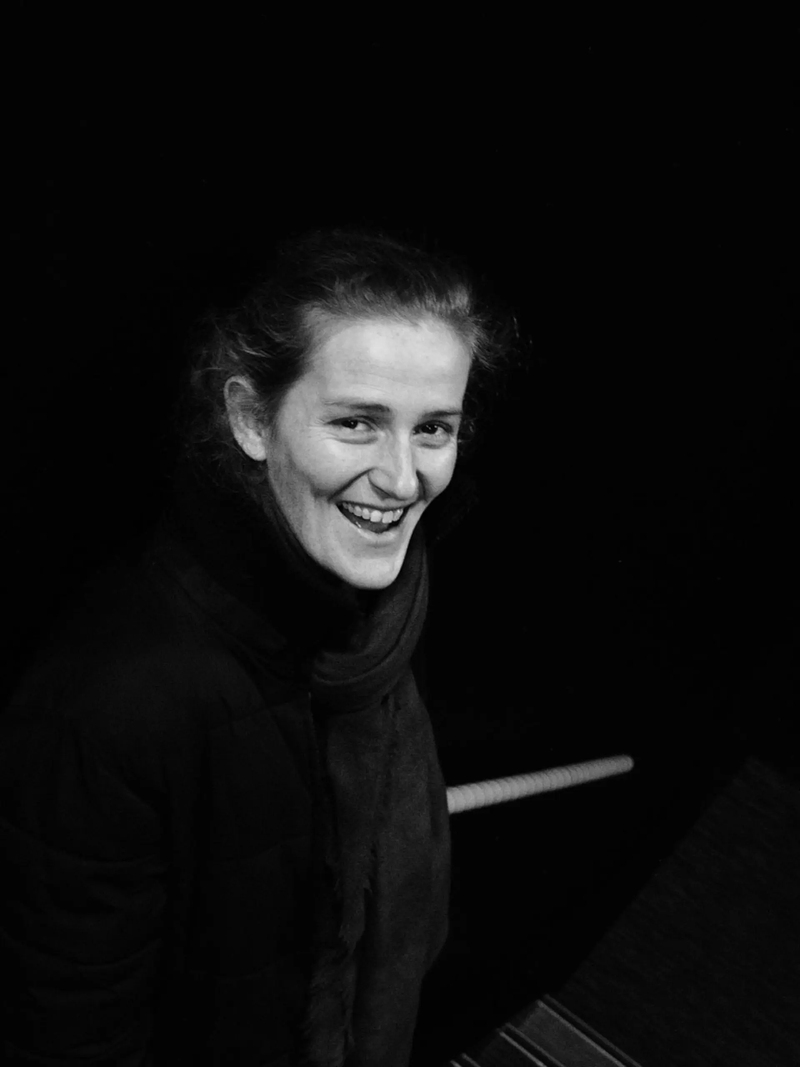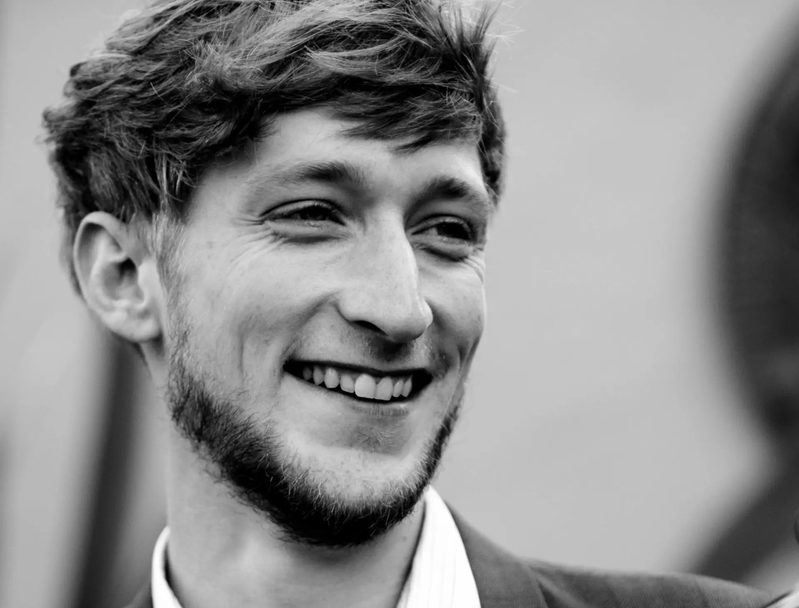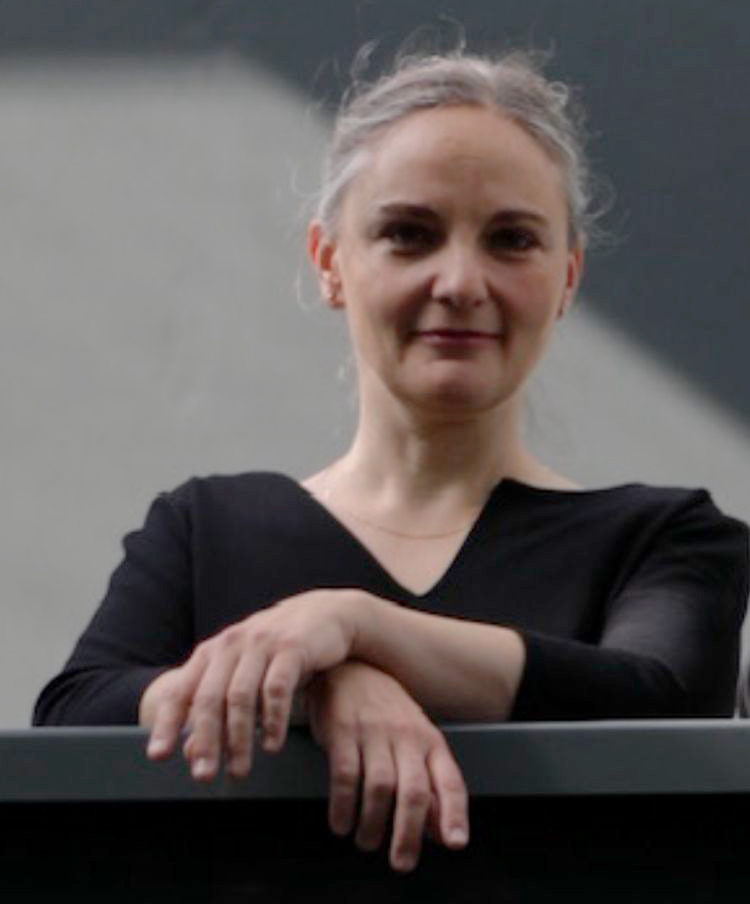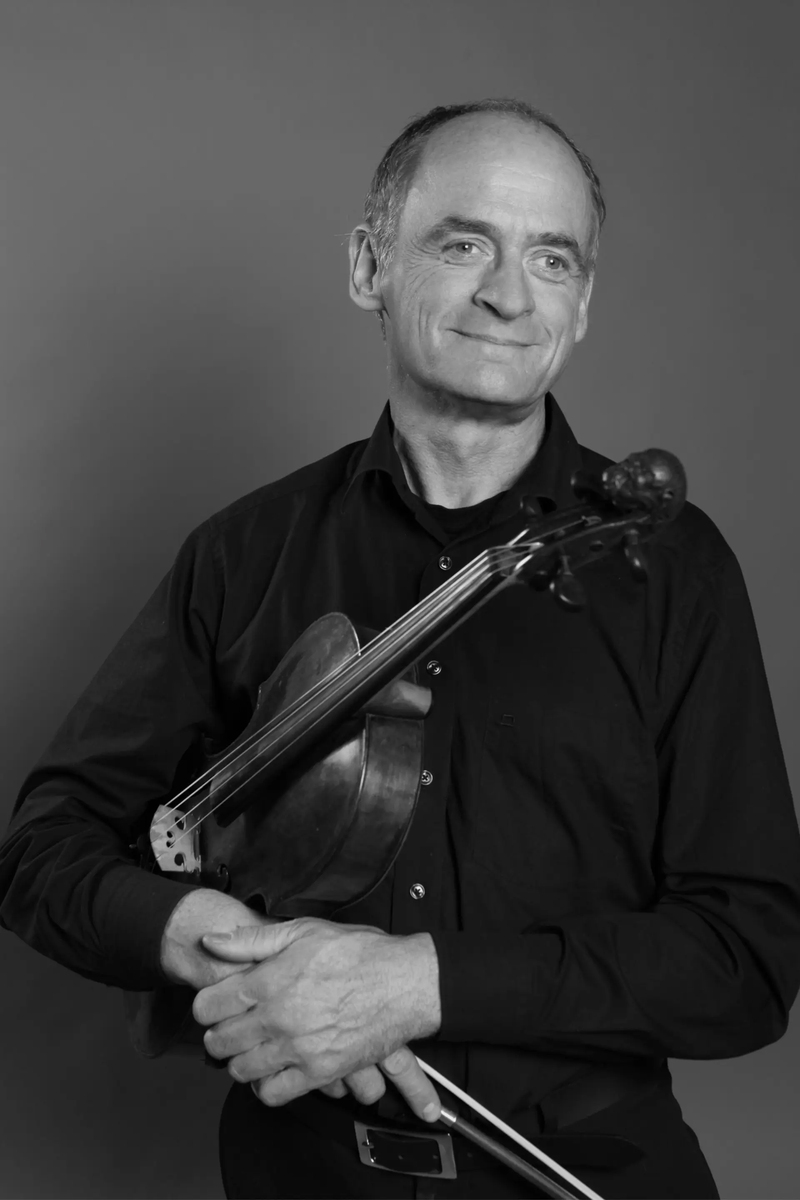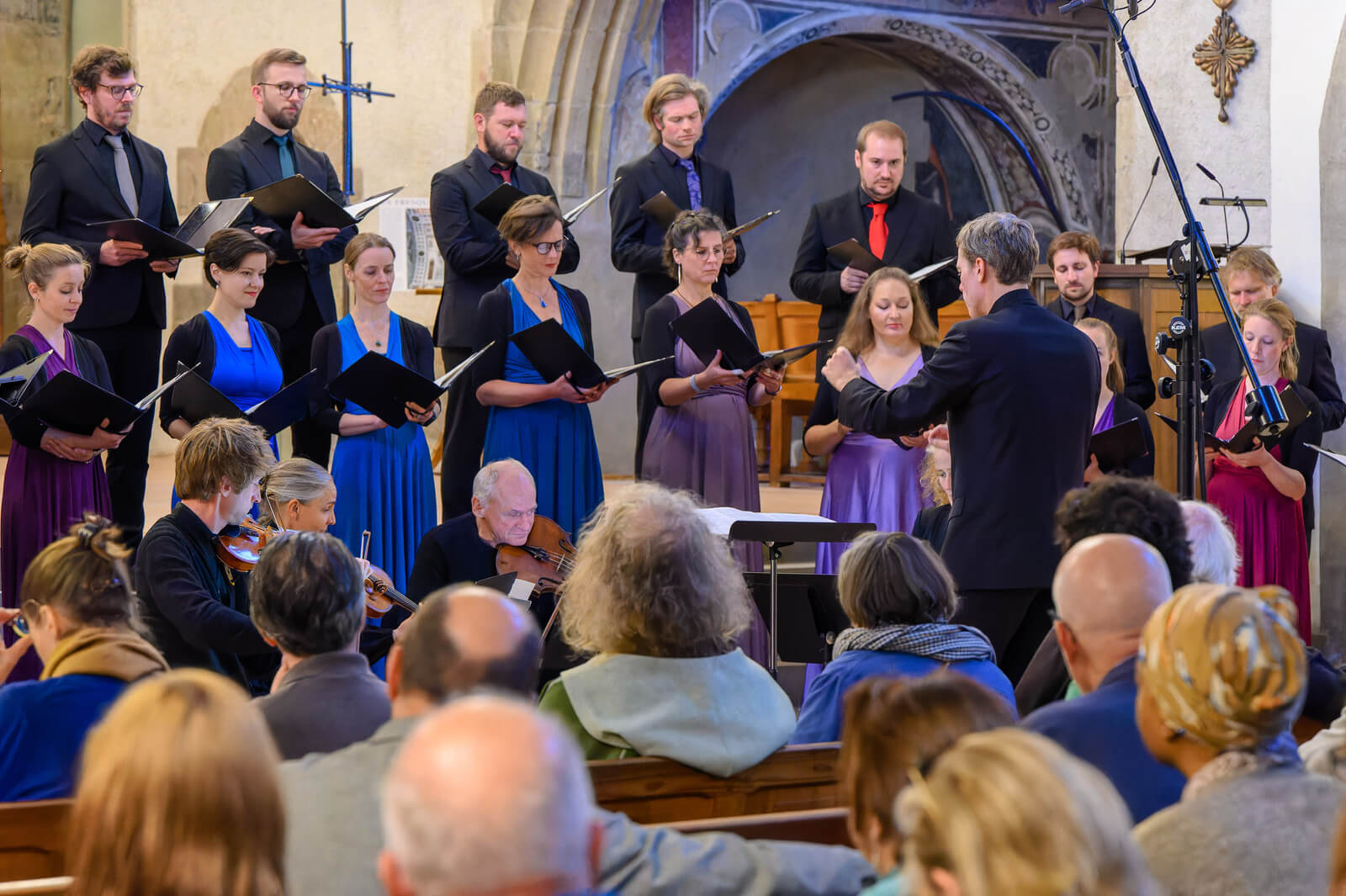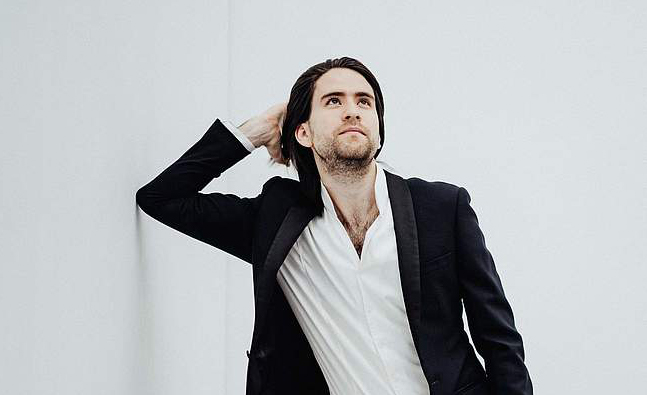Sunday 15 September 2024 5:30 PM
Starting from CHF 15.-
Tickets available online, at the Migros box office or on site on the day of the concert
Frank Martin’s intensely lyrical musical style sharply contrasts with the avant-garde tendencies of his contemporaries. In 1950, he composed the five Songs of Ariel, while simultaneously, John Cage created his Quartet in Four Parts. The musicians of Contrechamps and the Zürcher Sing-Akademie unite composers whose styles are diametrically opposed, yet paradoxically convey a shared message of simplicity.
PROGRAM
CHRISTIAN WOLFF - Evening Shade, Wake up - for mixed choir a capella
FRANK MARTIN - Complainte des vieux , Si Charlotte avait voulu, Ma belle - for men’s choir
CHRISTIAN WOLFF - Evening Shade, Wake up - for mixed choir a capella
MORTON FELDMAN - Projection I - for cello
FRANK MARTIN - Le Coucou, Sonnet, Ode - for women’s choir, partially with cello
MORTON FELDMAN - Intersection IV - for cello
MORTON FELDMAN - Christian Wolff in Cambridge - for mixed choir a capella
FRANK MARTIN - Songs of Ariel
JOHN CAGE, String Quartet in Four Parts
Performance running time : 1h15 without intermission
Throughout his career, Frank Martin set a wide range of texts to music, from Ronsard’s sonnets to the works of his contemporaries. In 1950, he was inspired by the character of Ariel, the famous spirit swirling around Prospero in Shakespeare’s The Tempest, to compose his only English-language work. In this piece, Martin used a rich palette of imagination to evoke the ominous depths and dreamlike creatures of the ocean. He later incorporated these elements – in their classic German translation – into his opera Der Sturm (The Tempest).
While Frank Martin was immersed in Shakespeare’s play, the art world in Paris and New York was in a state of upheaval. During this time, John Cage began writing his Quartet in Four Parts amidst the Parisian tumult, lamenting that he “did not find enough time to be simple and quiet”. The result is an intensely contemplative work, inspired by the Indian philosophy of the seasons. For him this work was “like the opening of another door; the possibilities implied are unlimited”. Shortly afterward, John Cage met Morton Feldman, Christian Wolff and other avant-garde artists, with whom he founded the New York School. Together, they challenged traditional notions of musical composition, developed avant-garde forms where chance played a key role, and invented new musical notations. Although the Quartet in Four Parts is one of Cage’s last non-aleatoric works, Projection I for cello, composed the same year (1950), is Feldman’s first indeterminate piece.
With this selection of emblematic pieces, the musicians of Contrechamps and the singers of the Zürcher Sing-Akademie invite us to immerse ourselves in the creative and ebullient atmosphere of the 1950s, when composers sought to break free from both neo-classicism and the constraints of dodecaphony, returning to a form of naturalness and simplicity through radically different aesthetics.
Starting from CHF 15.-
Tickets available online, at the Migros box office or on site on the day of the concert
With the support of:

Stay updated on the Odyssey!
Sign up now to receive the latest news directly to your inbox.


